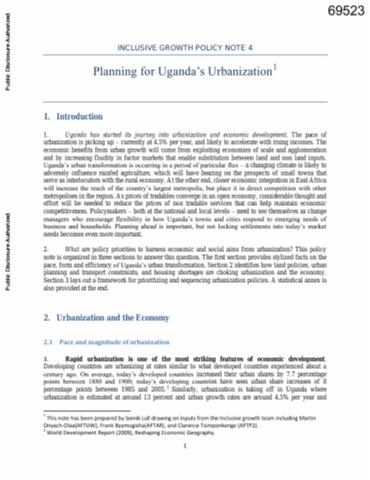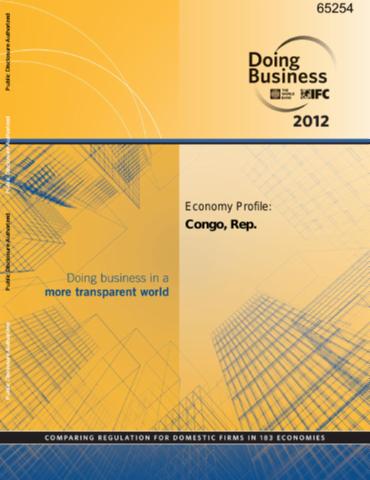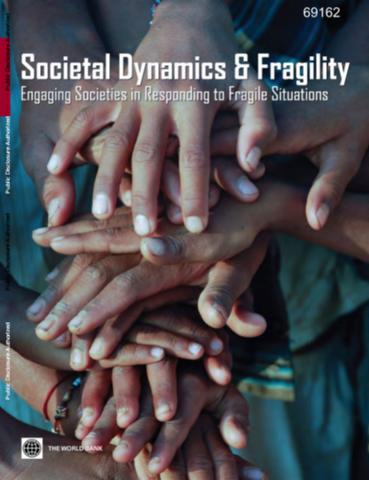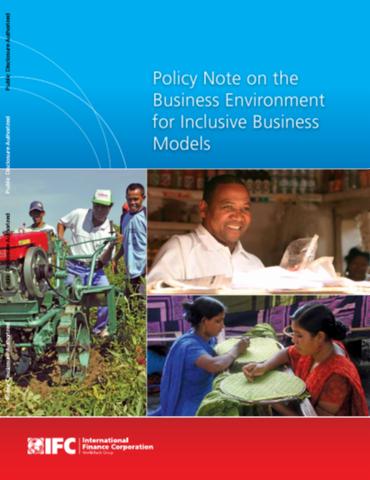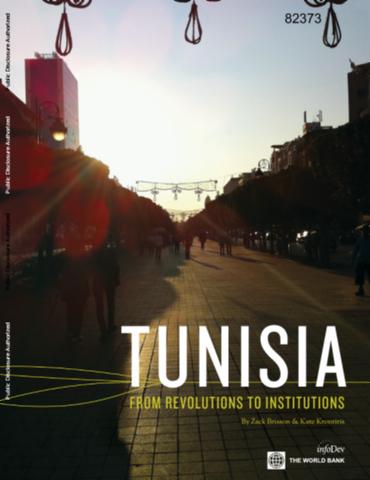The World Bank is a vital source of financial and technical assistance to developing countries around the world. We are not a bank in the ordinary sense but a unique partnership to reduce poverty and support development. The World Bank Group has two ambitious goals: End extreme poverty within a generation and boost shared prosperity.
- To end extreme poverty, the Bank's goal is to decrease the percentage of people living on less than $1.25 a day to no more than 3% by 2030.
- To promote shared prosperity, the goal is to promote income growth of the bottom 40% of the population in each country.
The World Bank Group comprises five institutions managed by their member countries.
The World Bank Group and Land: Working to protect the rights of existing land users and to help secure benefits for smallholder farmers
The World Bank (IBRD and IDA) interacts primarily with governments to increase agricultural productivity, strengthen land tenure policies and improve land governance. More than 90% of the World Bank’s agriculture portfolio focuses on the productivity and access to markets by small holder farmers. Ten percent of our projects focus on the governance of land tenure.
Similarly, investments by the International Finance Corporation (IFC), the World Bank Group’s private sector arm, including those in larger scale enterprises, overwhelmingly support smallholder farmers through improved access to finance, inputs and markets, and as direct suppliers. IFC invests in environmentally and socially sustainable private enterprises in all parts of the value chain (inputs such as irrigation and fertilizers, primary production, processing, transport and storage, traders, and risk management facilities including weather/crop insurance, warehouse financing, etc
For more information, visit the World Bank Group and land and food security (https://www.worldbank.org/en/topic/agriculture/brief/land-and-food-security1
Resources
Displaying 2946 - 2950 of 4907Planning for Uganda's Urbanization
Uganda has started its journey into urbanization and economic development. The pace of urbanization is picking up currently at 4.5 percent per year, and likely to accelerate with rising incomes. The economic benefits from urban growth will come from exploiting economies of scale and agglomeration and by increasing fluidity in factor markets that enable substitution between land and non land inputs.
Doing Business Economy Profile 2012
Doing Business sheds light on how easy or difficult it is for a local entrepreneur to open and run a small to medium-size business when complying with relevant regulations. It measures and tracks changes in regulations affecting 10 areas in the life cycle of a business: starting a business, dealing with construction permits, getting electricity, registering property, getting credit, protecting investors, paying taxes, trading across borders, enforcing contracts and resolving insolvency.
Societal Dynamics & Fragility
Extreme fragile situations are now home to at least a quarter of the worlds people. In the worst cases, where fragility has given way to open violence - people are more than twice as likely to be malnourished, more than three times as likely to be unable to send their children to school, twice as likely to see their children die before age five, and more than twice as likely to lack clean water. It is unsurprising that not a single low-income country in these circumstances has been able to achieve even one Millennium Development Goal (World Bank 2011).
Policy Note on the Business Environment for Inclusive Business Models
This policy note has two goals. First, to assess whether inclusive business models face specific regulatory hurdles. Second, to recommend policies that creates a business environment conducive to inclusive business. Little research has been conducted on the first goal. This note analyzes survey answers from companies that applied to the G20 Challenge. These companies were asked to rank regulatory obstacles and explain whether these obstacles created significant hurdles to their ability to serve the base of the pyramid.
Tunisia
In the wake of the revolution, Tunisian society is currently undergoing a significant transformation. In late 2011, the country's first representative government in more than three decades was formed, as the Constituent Assembly was seated. Hundreds of legitimate candidates ran in an election that was free, fair, and enjoyed nearly 90 percent participation by eligible voters.






